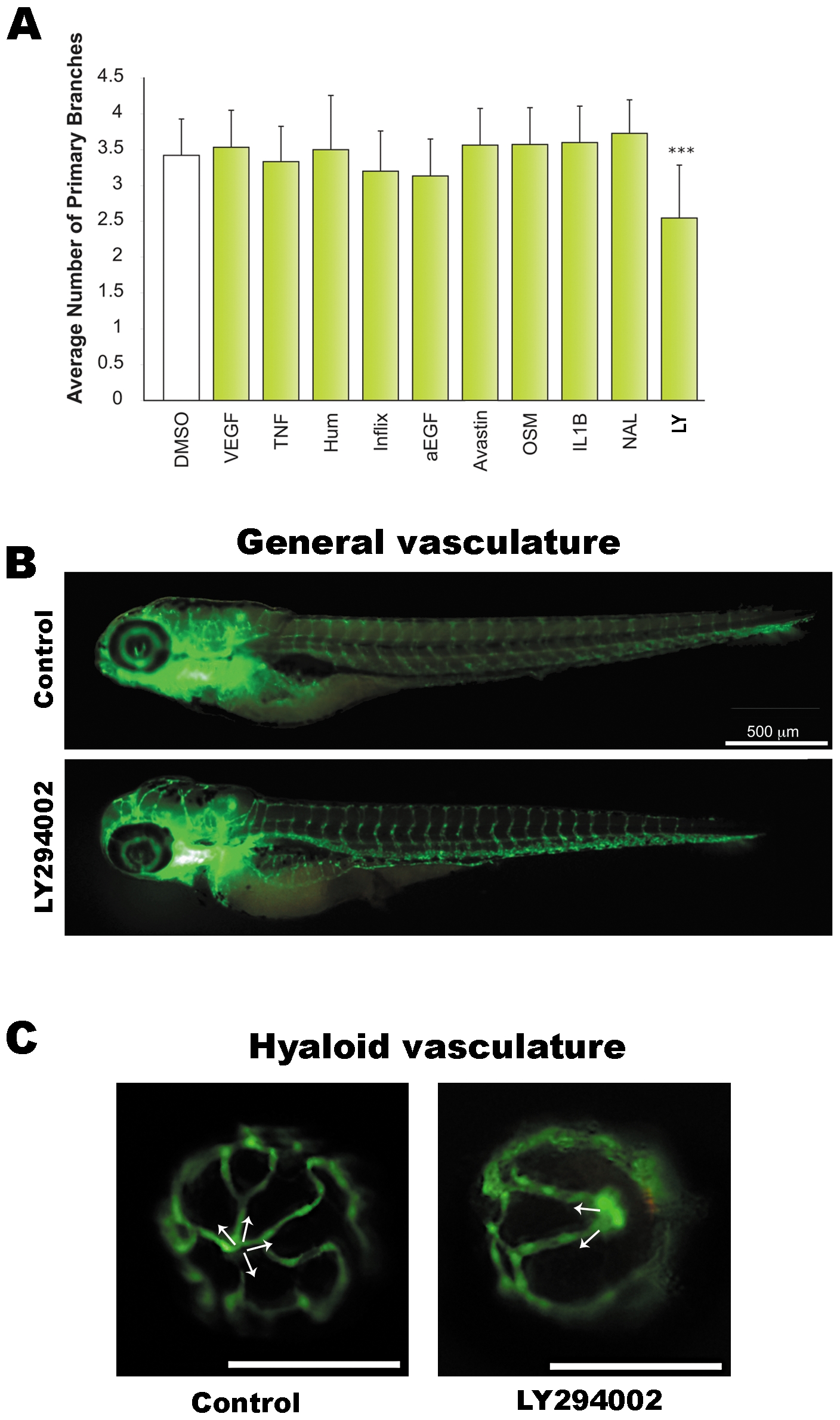Fig. 1 Screens reveal LY294002 to inhibit developmental angiogenesis in the eye.
A. Known regulators of vasculature formation were screened for effects on developmental angiogenesis of the hyaloid vasculature in vivo. 1 day post fertilisation (dpf) Tg(fli1:EGFP) larvae were treated with the indicated drugs and the number of primary branches of hyaloid vessels determined at 5 dpf. The drugs used are: recombinant VEGF (VEGF), 50 ng/ml; Tumor Necrosis Factor (TNF), 20 ng/ml; Adalimumab - Humira® (Hum), 5 μg/ml; Infliximab (Inflix), 5 μg/ml; anti-EGF (α-EGF), 5 μg/ml; Bevacizumab- Avastin®, 5 μg/ml; Oncostatin M (OSM), 10 ng/ml; Interleukin 1 beta (IL-1B), 10 ng/ml; Nacyselyn (NAL), 10 μM; and LY294002 (LY), 10 μM. The data is plotted as the average and standard deviation of 3 replicate experiments. LY294002 results in a statistically significant inhibition of hyaloid vasculature development (***p<0.001, t-test). B–C. Fluorescent images illustrating the integrity of GFP-positive blood vessels at 5 dpf in LY294002-treated and DMSO-treated controls. No differences are observed in the morphology of the trunk vessels (B), whereas the hyaloid vessel branching pattern is abnormal and the branch number is reduced (C). White arrows in C indicate the primary branches radiating from the optic disc at the back of the lens.

